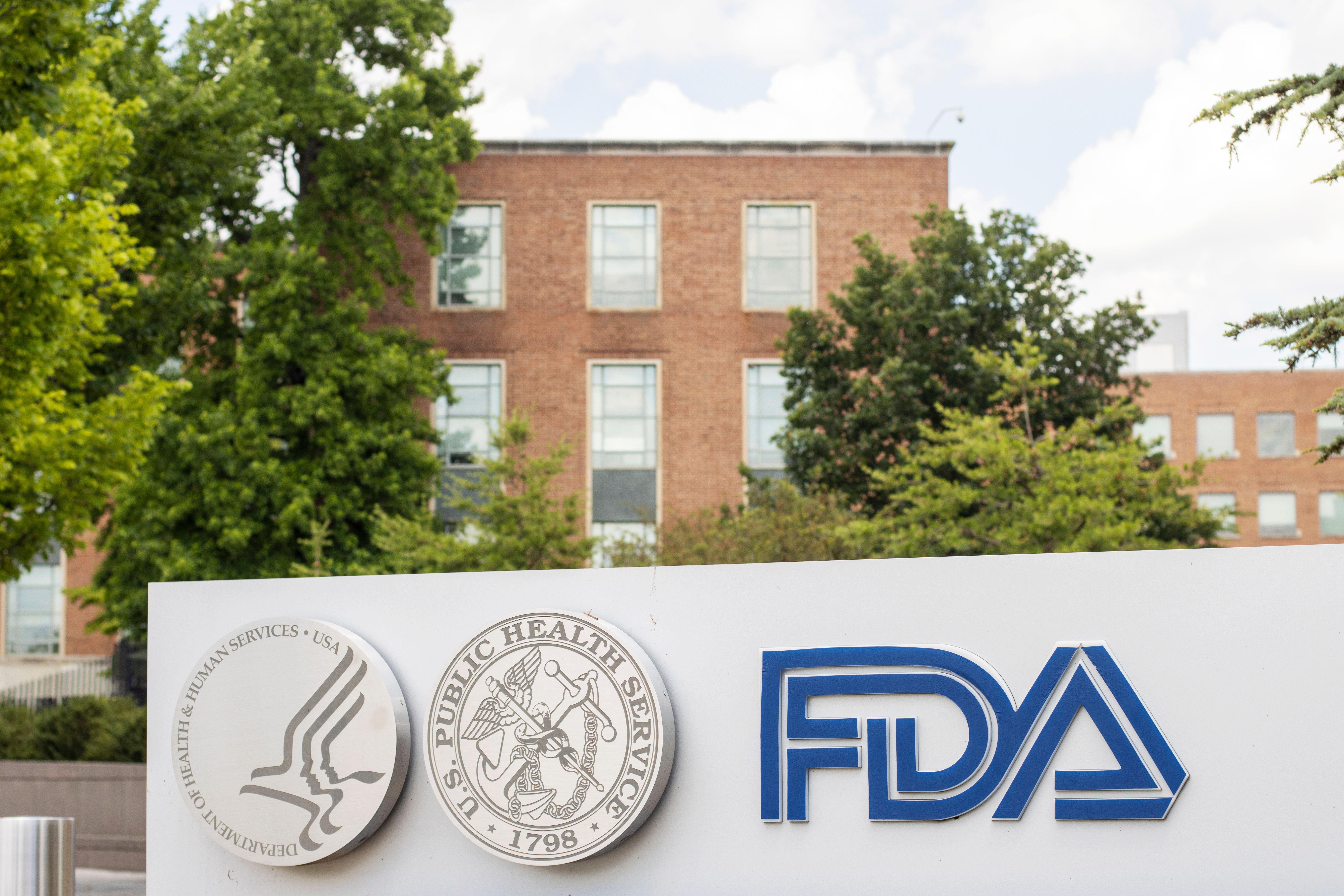- Acne
- Actinic Keratosis
- Aesthetics
- Alopecia
- Atopic Dermatitis
- Buy-and-Bill
- COVID-19
- Case-Based Roundtable
- Chronic Hand Eczema
- Chronic Spontaneous Urticaria
- Drug Watch
- Eczema
- General Dermatology
- Hidradenitis Suppurativa
- Melasma
- NP and PA
- Pediatric Dermatology
- Pigmentary Disorders
- Practice Management
- Precision Medicine and Biologics
- Prurigo Nodularis
- Psoriasis
- Psoriatic Arthritis
- Rare Disease
- Rosacea
- Skin Cancer
- Vitiligo
- Wound Care
Article
Surgeons applaud face transplant
Tucson, Ariz. ? In the months following a French surgical team'sgroundbreaking partial face transplant, details have emerged notonly about the recipient's identity and appearance, but also aboutthe precarious progress of the surgical outcome.

Among significant developments: The patient, a 39-year-old French woman whose face had been mauled in a dog attack, experienced a rejection episode about three weeks after the November 2005 surgery in Amiens, France, during which she received a new nose, chin and lips.
Symptoms of redness on the transplanted skin were first believed to be an infection, but a biopsy revealed the cause to be the patient's immune system rejecting the transplanted tissue, according to surgeons in their first scientific presentation on the surgery at the 6th International Symposium on Composite Tissue Allotransplantation in Tucson.
Another striking revelation was that the patient, who had been a smoker prior to the surgery, had resumed the habit.
"She is smoking, and this is a problem," says Jean-Michel Dubernard, M.D., a surgeon with Lyons University Hospital in France, who led the procedure.
Smoking issue
Despite the well-known health risks involved with smoking, however, the fact that the patient, identified in the press as Isabelle Dinoire, is smoking may not be as serious a setback as some have perceived, Suzanne Ildstad, M.D., a professor of surgery at the University of Louisville's Institute for Cellular Therapeutics, tells Dermatology Times.
"The smoking issue has been sensationalized a bit," she says. "It's bad for you and causes cancer, breathing problems and (a host of other problems), but it shouldn't terribly compromise the tissue acceptance or influence a rejection."
Another transplant
Dr. Ildstad is part of a team at the University of Louisville, where the nation's first hand transplant was performed. The team is working toward performing a face transplant of its own, pending approval by an institutional review board.
"We expect to do a face transplant within the next year or two," she says. A team at the Cleveland Clinic is also well on its way to performing a face transplant.
The key issue for all of the surgeons - to control the immune system so that transplant recipients don't have to face the serious risks of chronic immunosuppression - was described at the conference as "the Holy Grail" in the field.
Progress 'gradual'
Transplantation pioneer Sir Roy Calne, M.D., of Cambridge University says progress in the area should come gradually.
"The main challenge now is to improve (transplant) acceptance with less punitive treatment," he says. "There will be progress, but it will likely come in a matter of stages."
Experimentation has had its place in the progress. Several weeks after their face transplant surgery, the French surgeons in Amiens took the unusual step of transplanting the donor's bone marrow in Ms. Dinoire to try to induce better tolerance of the donor tissue. According to Dr. Ildstad, the strategy was justified.
Newsletter
Like what you’re reading? Subscribe to Dermatology Times for weekly updates on therapies, innovations, and real-world practice tips.











